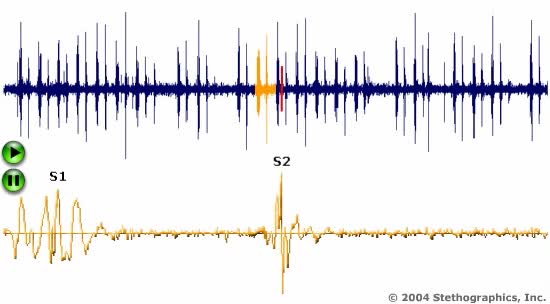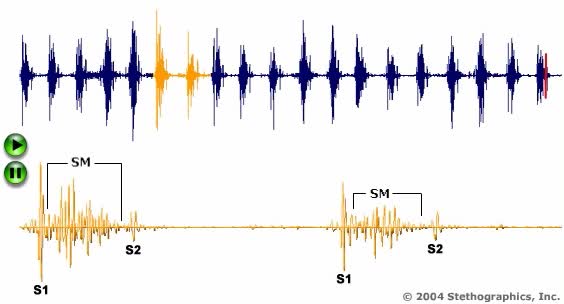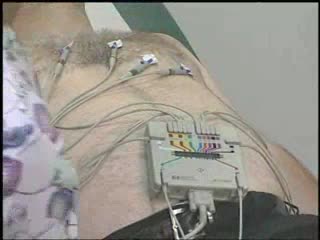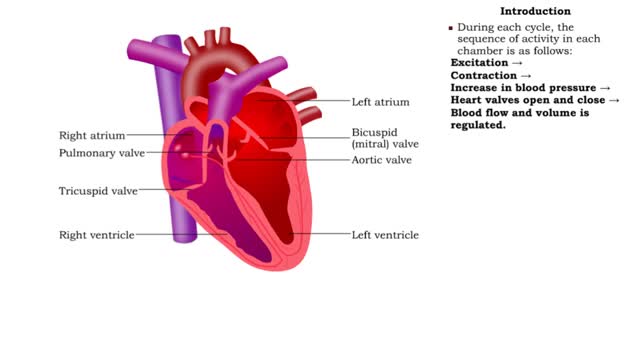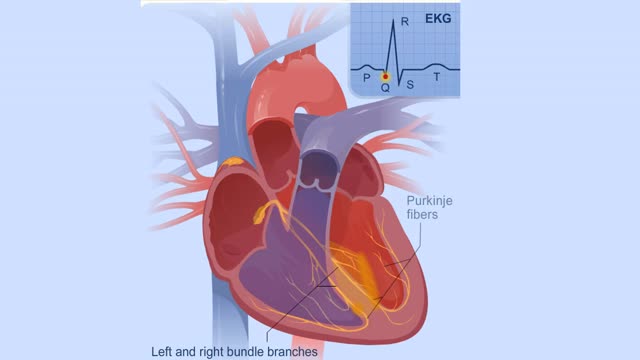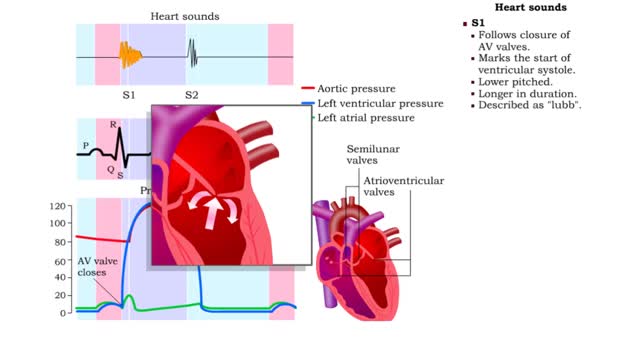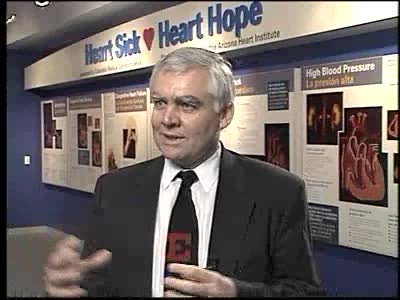Search Results
Results for: 'Electrical changes in the heart'
By: Administrator, Views: 722
An electrocardiogram (ECG, EKG) is a commonly used procedure in which the electrical events associated with the beating of the heart are evaluated. (A) Skin electrodes are applied to the chest wall, which send electrical signals to a computer that interprets the signals into graph form. An ele...
By: Administrator, Views: 359
An electrocardiogram (ECG, EKG) is a commonly used procedure in which the electrical events associated with the beating of the heart are evaluated. (A) Skin electrodes are applied to the chest wall, which send electrical signals to a computer that interprets the signals into graph form.
By: Administrator, Views: 9510
An electrocardiogram (ECG or EKG) is a test that checks how your heart is functioning by measuring the electrical activity of the heart. With each heartbeat, an electrical impulse (or wave) travels through your heart. This wave causes the muscle to squeeze and pump blood from the heart. Sinoat...
Electrical changes in the heart
By: HWC, Views: 6482
• ECG: Graph of the voltage changes that occur during the cardiac cycle. • Readings are taken by electrodes placed on the surface of the body. • Electrodes detect voltage changes caused by the electrical activity of the heart. • P wave = atrial excitation (atrial depolarization). ...
Electrical Conduction System of the Heart
By: HWC, Views: 5658
Your heart is a muscle that works continuously, much like a pump. Each beat of your heart is set in motion by an electrical signal from within your heart muscle. The electrical activity is recorded by an electrocardiogram. known as an EKG or ECG. Each beat of your heart begins with an electric...
By: Administrator, Views: 9653
Cardiac dysrhythmias are a problem with the rate or rhythm of your heartbeat caused by changes in your heart’s normal sequence of electrical impulses. Your heart may beat too quickly, called tachycardia; too slowly, bradycardia; or with an irregular pattern. Dysrhythmias can range from complete...
By: Administrator, Views: 9856
A heart attack occurs when an artery supplying your heart with blood and oxygen becomes blocked. Fatty deposits build up over time, forming plaques in your heart's arteries. If a plaque ruptures, a blood clot can form and block your arteries, causing a heart attack.
By: HWC, Views: 6512
During a normal, healthy heartbeat, or what we call a cardiac cycle, the top two chambers of the heart, called the atria, contract simultaneously. Then, as they relax, the bottom two chambers, called the ventricles, contract. This explains what happens during a cardiac cycle, but what it doesn't ...
By: Administrator, Views: 9817
Coronary heart disease accounted for 23.5 percent of all deaths in the U.S. in 2008. According to the Centers for Disease Control and Prevention (CDC), about 735,000 Americans have a heart attack each year. Warning signs and symptoms include chest pain or discomfort and shortness of breath. Ex...
Advertisement



